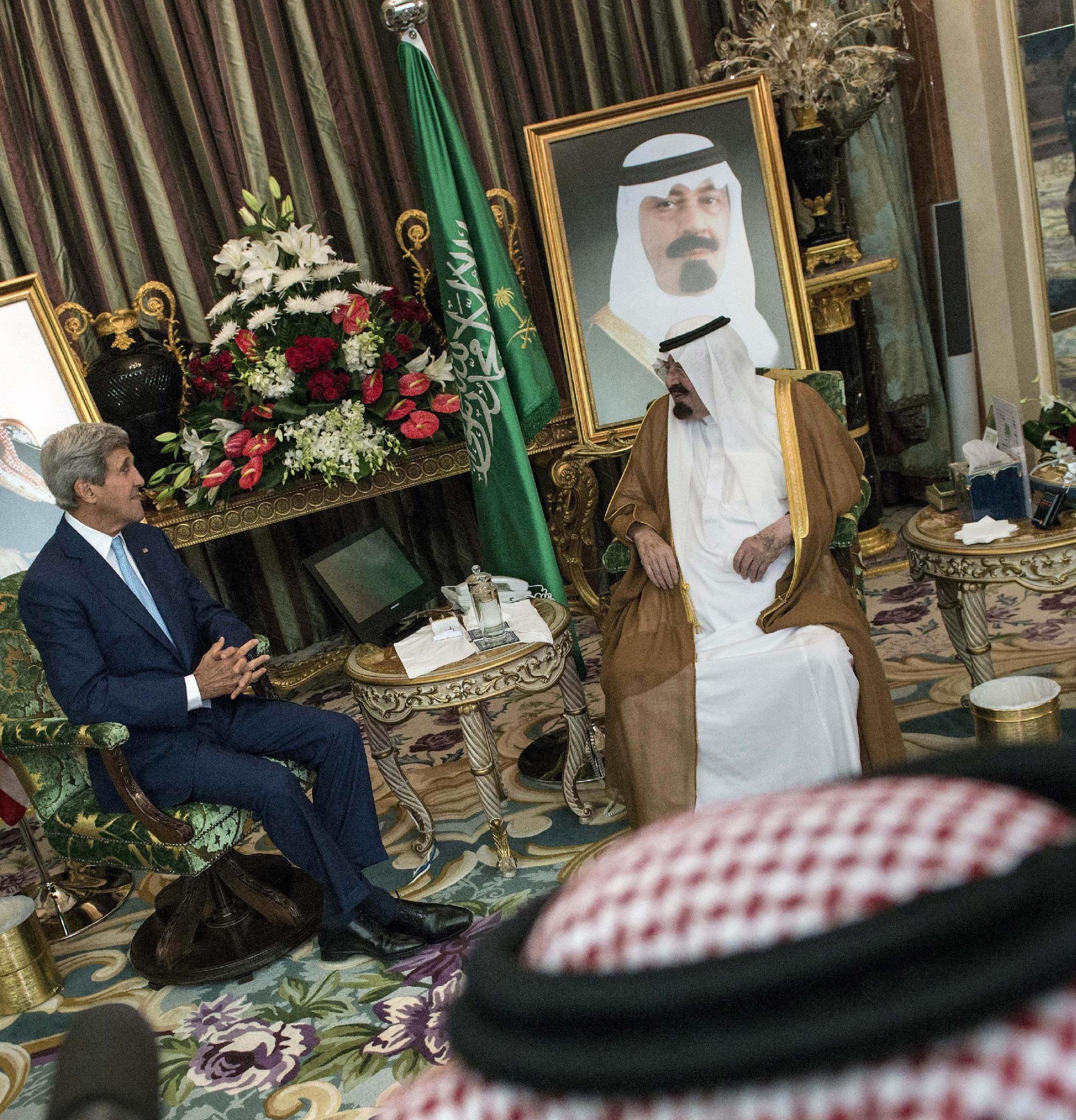As Saudi Arabia steps up beheadings, some see a political message
A sudden surge in public executions in Saudi Arabia in the last two months has coincided with a U.S.-led bombing campaign against Islamic State. This has led to inevitable comparisons in Western media between Islamic State’s beheadings and those practiced in Saudi Arabia. Saudi Arabia beheaded 26 people in August, more than in the first seven months of the year combined. Critics of the Al Saud ruling family say the latest wave of executions may have a political message, with Riyadh determined to demonstrate its toughness at a moment of regional turmoil.
It’s possible the executions were used as intimidation and flexing of muscles. It’s a very volatile time and executions do serve a purpose when they’re done en masse.
Madawi al-Rasheed, visiting professor at the Middle East Centre of the London School of Economics
Whatever the reason for the timing, the wave of executions at the same time as jihadis in Iraq and Syria were beheading captives has brought new scrutiny to the practices of a country whose values are so different from those of its Western allies. While Saudi Arabia has joined U.S.-led airstrikes against Islamic State in Syria and has deployed its senior clergy to denounce militant ideology, its public beheading of convicts, particularly for nonviolent or victimless crimes such as adultery, apostasy and witchcraft, is anathema to Western allies.
Any execution is appalling, but executions for crimes such as drug smuggling or sorcery that result in no loss of life are particularly egregious.
Sarah Leah Whitson, Middle East and North Africa director for Human Rights Watch

Middle East saudi arabia beheadings